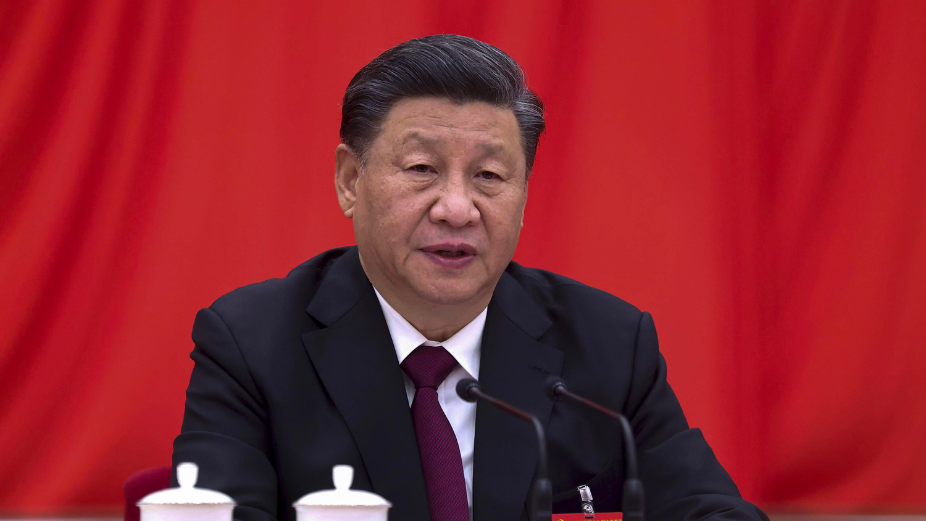Over the past decade, several projects have been launched under China’s ‘Belt and Road Initiative’ (BRI), the largest transnational infrastructure development programme ever undertaken by a single country. Since the programme was first proposed in 2013, the value of China-led infrastructure projects and other transactions classified as “Belt and Road” in developing countries had reached USD 838 billion by the end of 2021.
The vast scale of Belt and Road lending has helped to make China the world’s biggest bilateral lender. In fact, to the 74 countries classed as low-income by the World Bank, China is bigger than all other bilateral lenders combined. However, in several countries in Asia, Africa and Latin America, projects initiated under the scheme run the risk of evolving into a series of debt crises.
While dozens of countries in the developing world hoped to take advantage of the surge in Chinese overseas lending under the scheme, an increasing number of these loans have turned bad due to economic instability. According to data collected by the New York-based research organisation Rhodium Group, the total value of loans from Chinese institutions that had to be renegotiated in 2020 and 2021 leaped to USD 52 billion. This was more than three times the USD 16 billion of the previous two years.
In recent years, China has had to manage a number of defaults on various overseas loans, but the cumulative effect of the multiple renegotiations that Beijing currently faces amount to the country’s first overseas debt crisis. Furthermore, China’s economy is also being adversely affected by the non-payment of loans to China. The country’s reserves peaked at $4 trillion in 2014, but have recently fallen to $3 trillion, making the hard currency that Chinese financial institutions use to lend to Belt and Road countries relatively scarce.
To mitigate economic risks, China has now taken a step back from the Belt and Road as it rethinks its financial strategy amid rapidly changing global conditions.




















